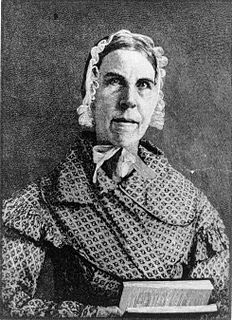A Quote by Charles Caleb Colton
Many a man may thank his talent for his rank, but no man has ever been able to return the compliment by thanking his rank for his talent.
Related Quotes
One who was born in the house of a warrior, regardless of his rank or class, first acquaints himself with a man of military feats and achievements in loyalty....Everyone knows that if a man doesn't hold filial piety toward his own parents he would also neglect his duties toward his lord. Such a neglect means a disloyalty toward humanity. Therefore such a man doesn't deserve to be called 'samurai'.
A man is the prisoner of his power. A topical memory makes him an almanac; a talent for debate, disputant; skill to get money makes him a miser, that is, a beggar. Culture reduces these inflammations by invoking the aid of other powers against the dominant talent, and by appealing to the rank of powers. It watches success.
But then if you lied to a man about his talent just because he was sitting across from you, that was the most unforgivable lie of them all, because that was telling him to go on, to continue which was the worst way for a man without real talent to waste his life, finally. But many people did just that, friends and relatives mostly.
One may not always know his purpose until his only option is to monopolize in what he truly excels at. He grows weary of hearing the answer 'no' time and time again, so he turns to and cultivates, monopolizes in his one talent which others cannot possibly subdue. Then, beyond the crowds of criticism and rejection, the right people recognize his talent - among them he finds his stage.
All history attests that man has subjected woman to his will, used her as a means to promote his selfish gratification, to minister to his sensual pleasures, to be instrumental in promoting his comfort; but never has he desired to elevate her to that rank she was created to fill. He has done all he could to debase and enslave her mind; and now he looks triumphantly on the ruin he has wrought, and say, the being he has thus deeply injured is his inferior.


































